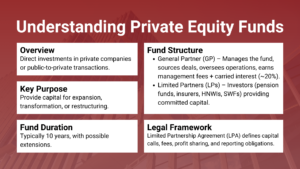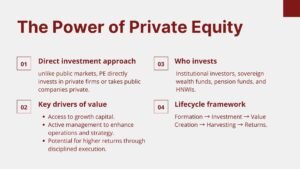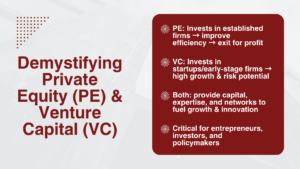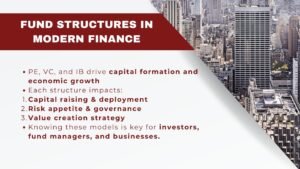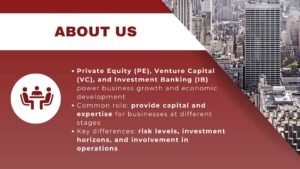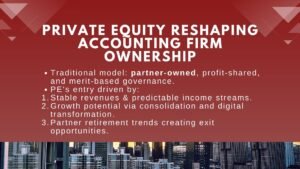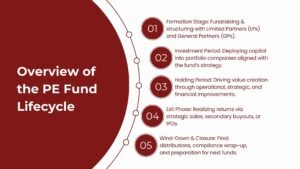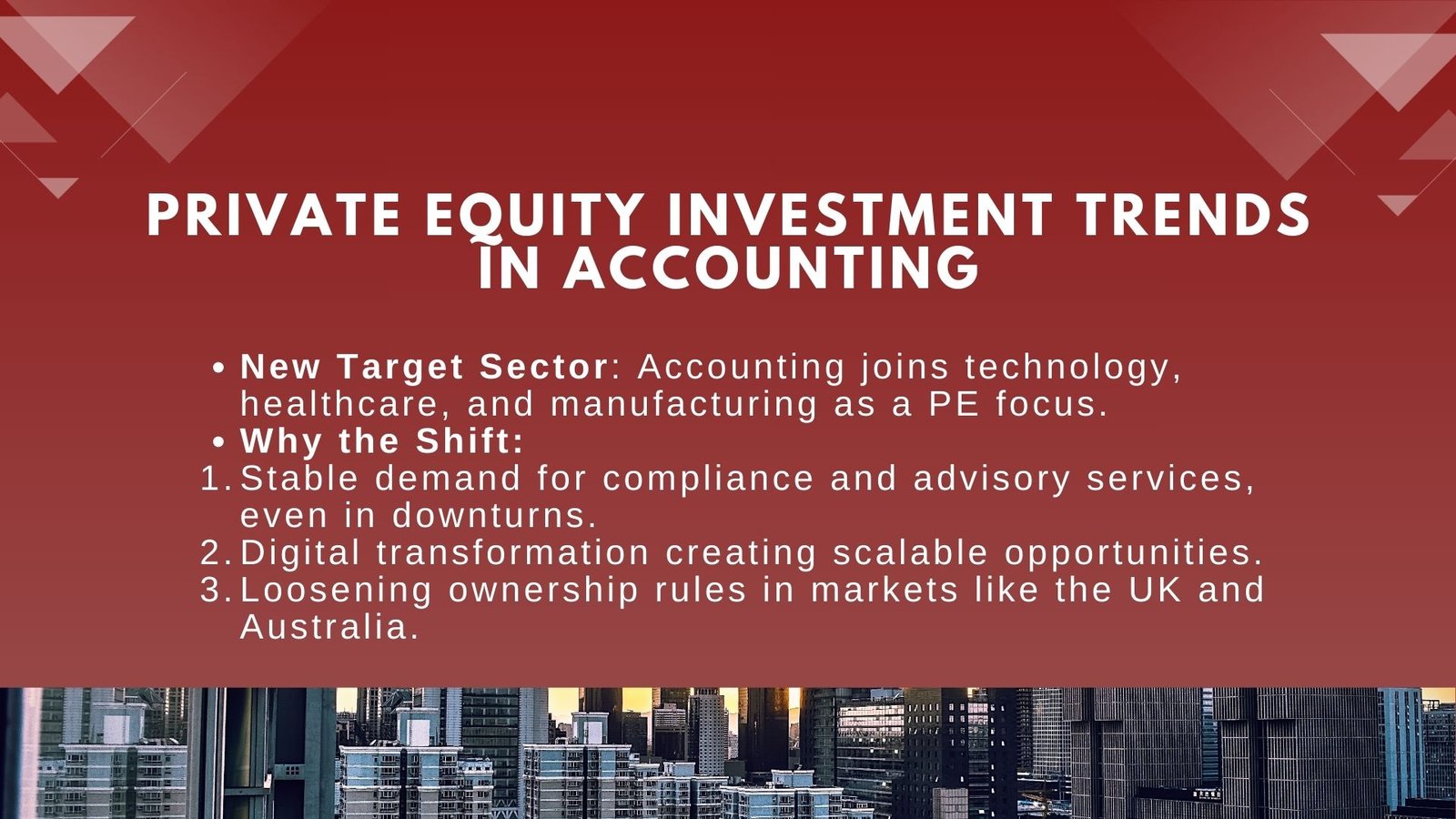
Future of Private Equity Investment Trends in the Accounting Sector
The Future of Private Equity Investment Trends in the Accounting Sector
The industries that have always been connected with PE are technology, healthcare, and manufacturing industries where high growth potential and scalable models are of great interest to investors. However, the accounting industry at least has come as a shocking yet a popular target of the private equity firms in recent years. The professional services sector traditionally, largely accounting and audit firms, have been perceived to be conservative and not receptive to outside capital as there are regulatory and ownership restrictions. Nonetheless, with this background, structural forces, client needs and market pressures across the globe are transforming the interrelationship between private equity and accounting.
The paper examines the trends that are occurring in the accounting sector in terms of the current pursuance of private equity investments and how investors are responding to that attraction, techniques that investors are taking to make their investments and how it may affect firms, clients and the entire industry over time, insights often explored in an Advanced Private Equity Certification with Real-World Case Studies in Singapore.
Why Private Equity Is Turning to Accounting Firms
The relative attractiveness of the accounting sector to private equity can be attributed to a mix of macroeconomic and regulatory conditions coupled with sector specific aspects.
To begin with, accounting services have demonstrated great strength during the downturn in the economy. In contrast to the cyclical nature of industries where a revenue downturn is feasted upon, there is stable demand in accounting related firms due to regulatory reasons, tax advisory services, and growing complexity of financial reporting. This stability turns out to be the secure harbor of the sector where the capital in the privately-owned equity seeks the stable cash payments chances and the potential development in the long-term.
Second, there is a fundamental change being suffered by the industry. Increased digitalization and automation are transforming the organization of traditional accounting services, creating the possibility of more efficient scale, by the firm. Artificial intelligence, data-analytics, and cloud-based accounting platforms are boosting productivity, and firms are extending their libraries of compliance into strategic advisory services. The shift presents a window of opportunity to feed capital into modernization efforts and seize the value of the shift to the interest of the private equity firms.
Third, ownership rules presently prohibiting non-accountants to own equity in accounting firms have begun to loosen in a few jurisdictions. As an illustration, the United Kingdom and Australia have already opened the path to alternative business forms in which foreign investors can enter the membership of professional services firms. Although the United States is more restrictive, the impact of international competition is slowly shaping the regulatory arguments and opening the doors to greater participation of private equity.
Dominant Investment Strategies in the Accounting Sector
The practice of private equity in the accounting sector is never homogenous, but rather exhibits different courses of actions that are depending on the character of the industry.
One of the prominent strategies is by means of consolidation roll-ups. The disjuncture of the small and mid-sized accounting firms presents a perfect consolidating system where PE firms can acquire scale through mergers and acquisitions. PE investors gain proximity to their clients through acquisitions and consolidation of regional firms on to a greater platform to garner operation efficiencies, increase geographical presence and develop cross-selling across audit, tax and advisory services.
One more strategy is concentrated on specialization. Certain investors assume that private-equity stakes are invested in niche accounting firms which focus on a given sector (financial services, healthcare or technology). Such companies can frequently offer a wider margin because of experience and capability to offer custom solutions. Within the specialised firms, the private equity can increase value creation and position the firms as leaders in particular markets with investment in these firms.
Also, the use of technology is being modernized through the mechanism of private equity. The approach to investments is changing as preference is given to companies that are adopting digital solutions, either developing their own software or a collaboration with the technology providers. Firms that have been modernized not only bring efficiency but it attracts much younger talent pools and clients who are used to innovative forms of service delivery.
There are also PE investments with international scouting in the end. The need to facilitate cross-border tax planning and regulatory compliance together with financial advisory services among businesses continues to increase as businesses continue to become more globalized in nature. Accounting firms supported by private equity funds can use the capital to set up or buy foreign outposts, putting them in the position of worldwide players with capacity to offer services to multinational clients.
The Role of Technology in Shaping Investment Opportunities
The biggest factor that can be said to have drawn private equity in the accounting sphere is technological change. Companies that previously depended greatly on manual operations are currently taking advantage of automation, artificial intelligence and the latest data analytics in providing more precise and timely information. The change not only adds to the client value but it also promotes scalability hence accounting firms would be more appealing investments.
Private equity senses a possibility of investing in digital infrastructure that most traditional firms are unable to develop on their own. As an example, cloud computing platforms decrease the dependency of legacy systems and enable companies to improve upon geographical work across international distances. Predictive analytics solutions also bring financial insights in real-time, making the firm’s strategic advisors and not just providers of compliance services.
An additional pain point in the industry is talent retention and recruitment which also requires technology. The younger professionals have been attracted to companies with innovation and modern working conditions. PE-supported digital solution investments not only enhance profitability but also help combat a key problem affecting accounting firms in an extremely diverse labor market; the shortage of workforces.
Risks and Challenges of Private Equity in Accounting
Although there are opportunities that cannot be ignored with the entry of private equity, there are also issues of great concern to the accounting world.
The problem of professional ethics and financial incentives may be mentioned as one of the major issues of concern. Accounting is a profession of trust whereby independence/integrity plays a key role, especially in audit. Critics suggest that the ownership of private equity may bias the company to focus on the financial figures rather than adherence to professional parameters, which may compromise the reliance by the larger population in the field.
The other problem is regulatory uncertainty. The level at which the involvement of private equity can take place is still not transparent in markets where their ownership limitation is very tight. In jurisdictions that have a less restrictive structure, regulators are still on the lookout of how external ownerships affect professional accountability.
Also, in consolidation strategies, there are risks associated with the integration that cannot be ignored. Fusion of two or more accounting firms in one platform is a challenge in terms of culture and operation. Lack of proper management would make the efficiencies that are sought by the private equity to produce lost ground.
Last but not the least, the increased pressure on firms financed by private equity to achieve returns under a reasonably short investment period of about five and seven years. This is opposite to the long-term view of most of the accounting firms and this forms a possible conflict between expectations of the investors and institutions cultures.
The Future Outlook for Private Equity and Accounting
The future of private equity in accounting is rosy in spite of the difficulties. This pattern is likely to escalate due to the fact that the industry is characterized by stability which pairs with technological revolution and transformation of ownership structures, concepts often discussed in an economic and accounting profit comparison course.
Investment activity in the future is most likely to be referred to as a more joint effort by the representatives of private equity and accounting experts. Instead of having short-term profit maximization engagements, the good relations will be a compromise of monetary sternness and professional ideals. PE firms with a more sophisticated view of regulatory needs and industry forces will be in a better place to build long-term value, a perspective often highlighted in a hands-on private equity masterclass Singapore.
The digital revolution, which continues to date, will also be a primary force. Accounting firms that incorporate artificial intelligence, auditing using blockchain and superior analytics technology will not only attract private equity investors but will also transform the competitive outlook of the accounting market. With the changing demands of the clients, those firms who are willing to be holistic advisors to their clients and capable of using not only the human knowledge but also solutions that technology can give, will succeed.
In a longer perspective, there are chances of a transformative role to be played by the private equity towards the redefinition of the structure of the accounting profession itself. Whether due to the potential to spur international growth, drive innovation or challenge accounting to transform itself into a strategic influence in business decisions, PE-backed investment may fuel the evolution of accounting beyond its role as a compliance-driven tool, into a valued partner of business leaders.
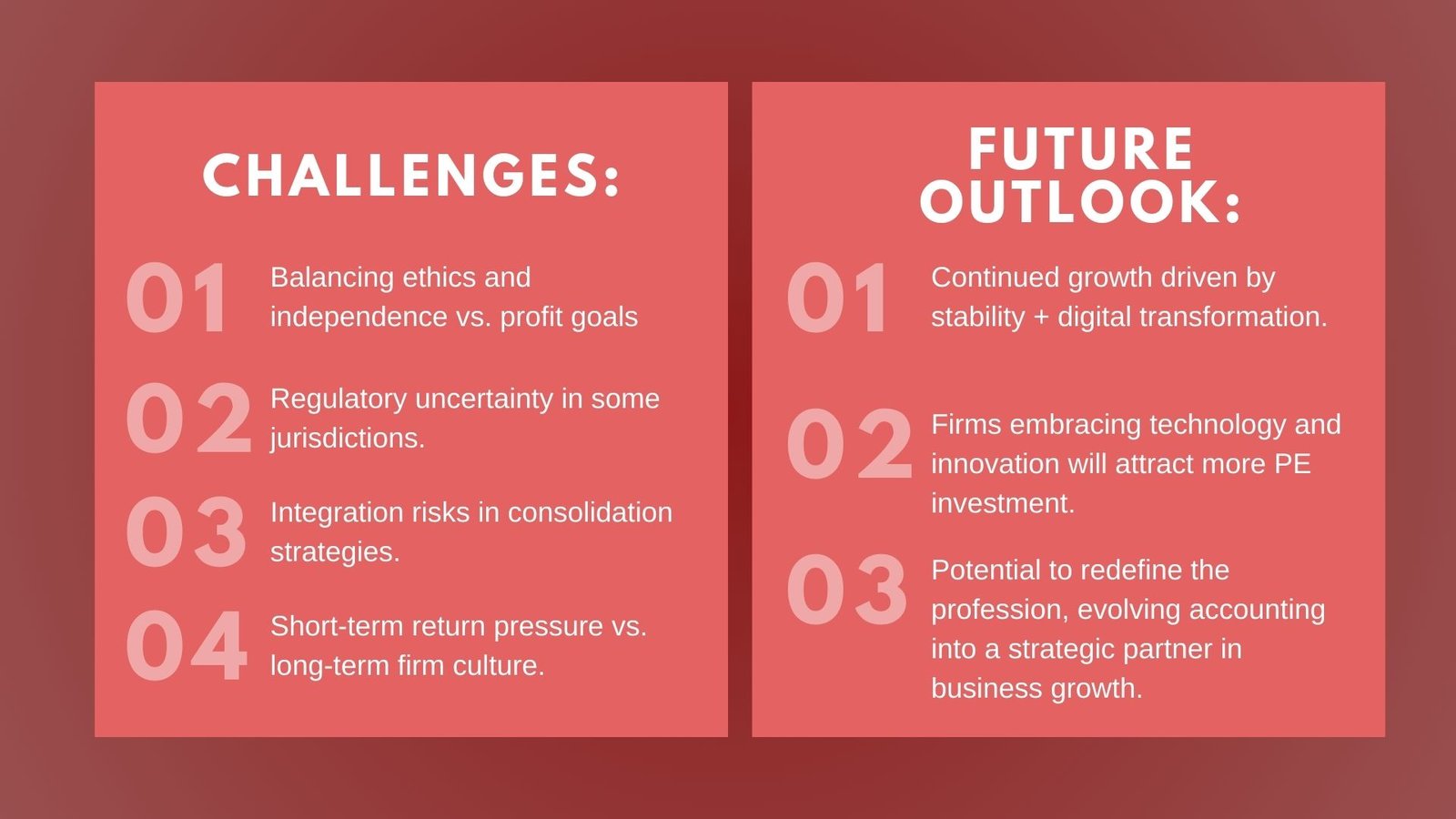
Conclusion: Private Equity as a Catalyst for Change
The involvement of private equity in accounting is a welcome change in an old practice, which is an indication of the shift in the reception of professional services and the way they are appraised. What had been viewed as an improbable match-up is now viewed as a win-win situation where private equity brings with it the capital and the strategic vision that accounting firms need to modernize, to grow, and to stay competitive.
Notwithstanding the obstacles, especially, when it comes to regulatory limits and upholding professional ethics, the movement is hard to deny as the one that will likely continue its rise. The presence of private equity is not only creating and changing the ownership patterns in the industry but also allowing the emergence of not only digital but also strategic transformation of the industry. With this relationship developing further, we can expect it to be the future of accounting that will see firms ready to deliver to the complex side of a globalized, technology driven economy.



